- News
-
-
-
-
-
Latest News Articles
- WSB: Study tests accuracy of thermal drone surveys April 26, 2024
- Computer model explores Tribal use of fire for ecosystem health April 26, 2024
- 2024 TWS Elections: Southwest Representative April 25, 2024
-
-
-
- Wildlife Professional Resources
-
- Our Network
-
- PUBLICATIONS
-
-
Recent Posts
-
 The Wildlife Professional November/December Issue
November 1, 2023
The Wildlife Professional November/December Issue
November 1, 2023
-
-
-
-
-
-
- Wildlife Events
-
-
-
Upcoming Webinars
- No Events
-
-
-
- Who We Are
-
Tag: pathogens
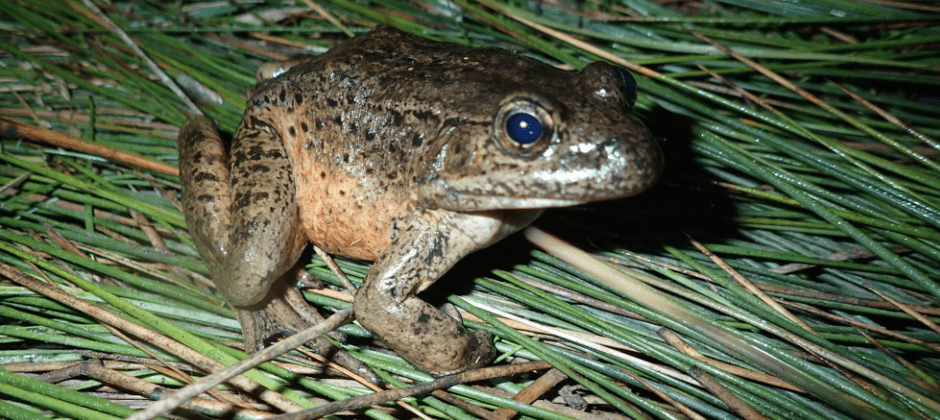
April 26, 2022
Baja California frogs suffer from chytrid fungus
Although Baja California, Mexico and Southern California are very close to one another, the same species of frogs in Mexico are having a harder time with a fungal disease that...
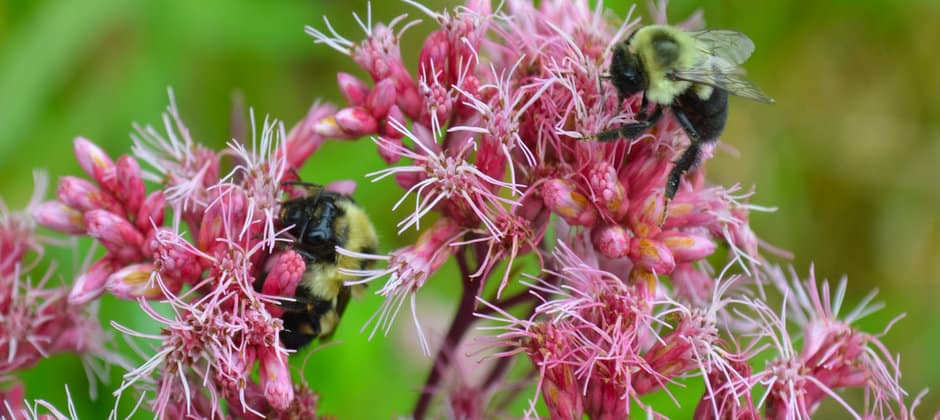
May 26, 2020
Flowers bring forage — and infection — to bees
While planting flowers can increase foraging opportunities for common eastern bumble bees, researchers found some of those flowers are associated with higher pathogen infection rates in the bees. Pollinator species...
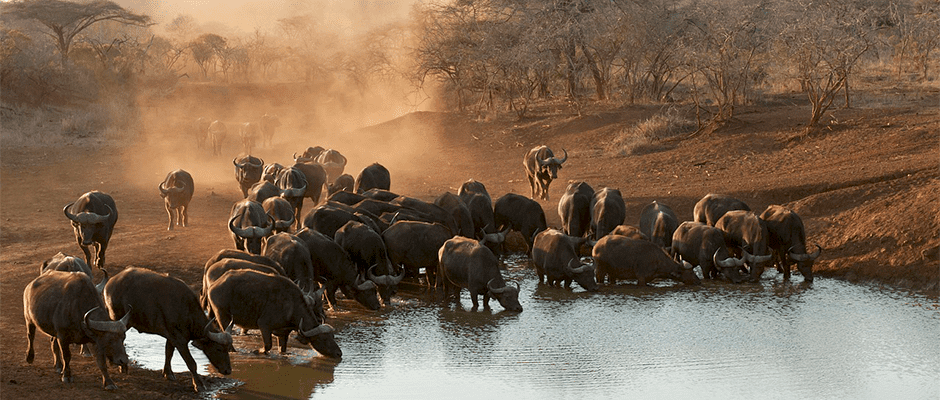
August 17, 2018
Wildlife disease could spread faster in dry places
When people get sick, they tend to retreat to their beds, opting for rest and recovery instead of infecting others. It’s been widely believed that sick wild animals also isolate...

December 5, 2017
Study links fungicides to bee colony declines
Researchers recently found what they believe may be an unexpected cause of bee decline in the United States — fungicides. Looking at sites across the country where bee populations were...
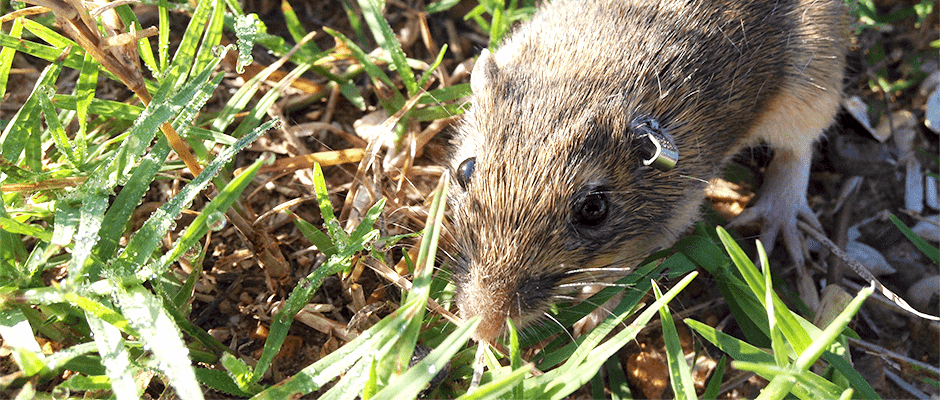
October 7, 2016
Tiny but tough: Fire ants reduce rodent numbers, ticks
Red imported fire ants are known to cause destruction in species such as the federally endangered Attwater’s prairie-chicken (Tympanuchus cupido attwateri) in Texas. They interfere with the chickens’ eggs and...

April 28, 2016
Lowland leopard frogs fight off deadly pathogen
In Arizona, some populations of lowland leopard frogs’ immune systems are working overtime to fight off the deadly pathogen that causes the chytridiomycosis, a disease that is devastating amphibians in...
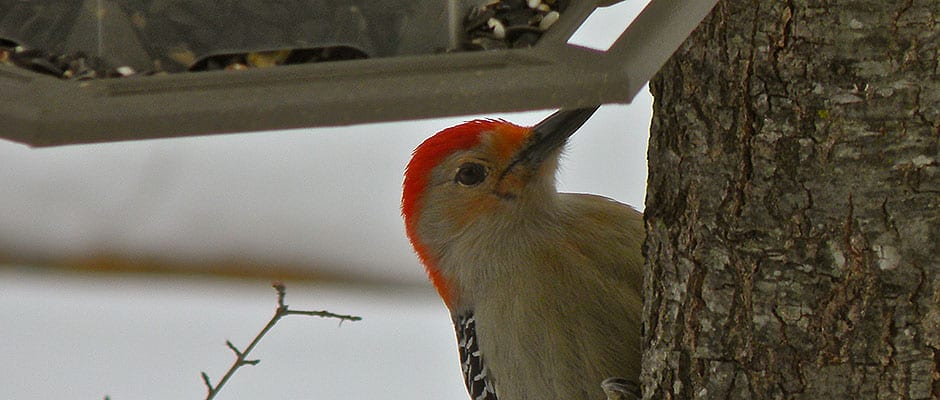
April 8, 2015
Supplemental Feeding: To Feed or Not to Feed Wildlife
When it comes to the age-old question of whether or not to feed wildlife, a new study is finally providing us with a step in the right direction. Depending on...

